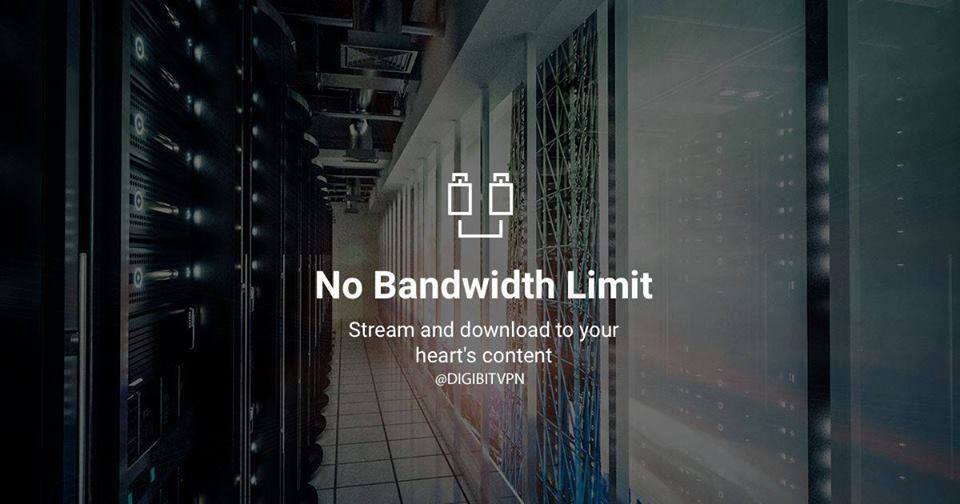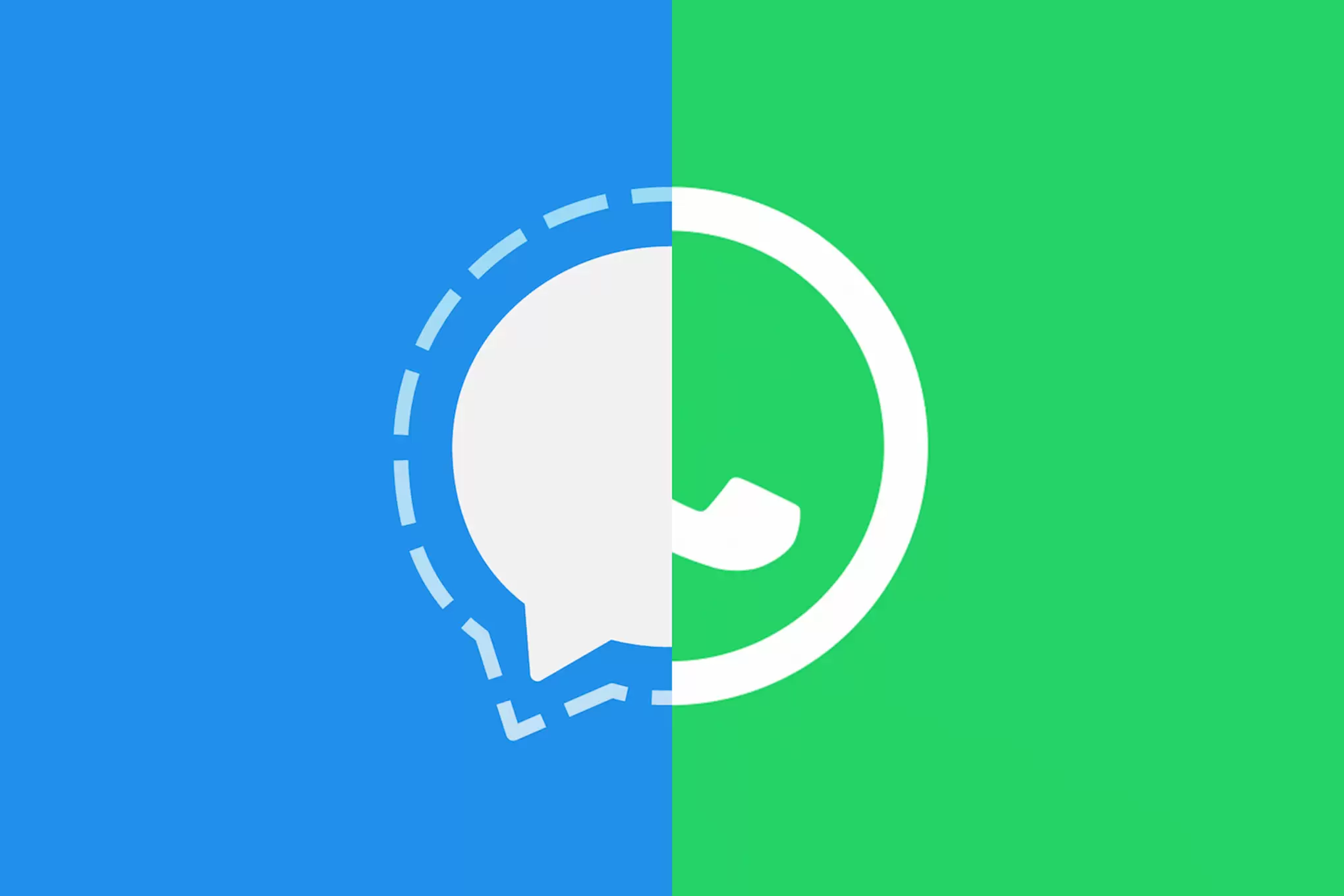
ISP Throttling Explained
There’s nothing more frustrating than endless buffering when watching that long-awaited TV episode or your favourite team play a do-or-die match. It could be that your bandwidth is being throttled. But how can you tell if an Internet Service Provider (ISP) is controlling your internet speed? And if they are, is there a way to stop it?
What is bandwidth throttling?
Bandwidth throttling is when your ISP (Internet service provider) like Virgin media / Sky UK so on, deliberately slows down your internet due to the available BW across there network, ISPs may still throttle your bandwidth even with an unlimited contract. In fact this is very common in the UK during peak times if you check your speed you will note a huge drop most of the time, but its not just about the number of Megabytes you can grab. Service quality can cause huge headaches with buffering & stability from a VPN can help 10 fold.
Why? Some ISPs can’t uphold the promises made when you originally made the contract – super fast internet with unlimited data is expensive to provide. Due to the nature of online entertainment, many ISPs simply can’t keep up with constant 4K streaming or gaming.
No matter what package deal you’re on, your ISP may still limit your speed. Although the excuse given is to create a level playing field for all users, battling congestion is possible. The cheaper option is to set everyone to more or less the same speed.
Some ISPs limit how much high-speed data you can use per month. If you notice sluggish speeds towards the end of the month – you’ve probably gone over your data cap. You can always monitor your data usage by logging in to your broadband account.
ISP’s accepting handouts to improve certain sites load times:
An unproven but popular theory is that big media sites pay ISPs for faster load times; it’s one of the ways ISPs make money. In return, ISPs may throttle competitor sites or favor their proprietary sites, manipulating your exposure to specific sites and information.
Paid prioritization used to be illegal (and still is in the EU), but since the US revoked net neutrality laws in 2018, control of the internet has largely been left to corporations. Unfortunately, this gives some of the bigger providers – Verizon, for example – opportunities to limit visits to sites they don’t approve of by throttling your bandwidth to a crawl.
End-service sites, like Netflix, can also choose to lock or limit their bit rate. Netflix has done this on a few occasions, but the purpose was to provide higher-quality streaming at the cost of speed in order to prevent users from exceeding their data caps. Fewer data caps reached meant higher viewership.
Your mobile data can also be throttled
Just last year, Germany’s Deutsche Telekom was found to be throttling YouTube and Amazon Prime to a rate of 1.5 Mbps. In the UK, Giffgaff and O2 networks throttled YouTube and Netflix to 1 and 1.5 Mbps. The average global speed is 6.8 Mbps. That’s a good reason to use a VPN on your phone.
Can a VPN help with internet throttling?
ISPs won’t throttle everyone – it depends on how your online activity looks. ISPs can see what websites you visit and, depending on that information, they can decide whether to throttle your connection or not. If you spend a lot of time on Netflix, for example, while your ISP has ‘fast lane’ contracts with Disney+, it’s very likely your Netflix connection will slow down. However, you can use a VPN to hide your online activity and, therefore, prevent throttling. How?
A VPN service hides everything you do online by encrypting your traffic. Since your traffic will look gibberish to the ISP, they won’t choose you first when they look for high-priority targets. A quick way to see if you’re being throttled is to run a speed test before and after activating your VPN. As we say ISP throttling is more than just limiting your MB available for speed. Stability & Quality of connection over quantity of available for sure.
What you end up with behind a good VPN is a safe & Stable connection for streaming & this means you can get back to the flix & stop worrying about buffering.
Some providers just can’t keep up with the amount of data processed, even though they promised you ‘unlimited plans.’
What else can a VPN do?
VPN’s were created to protect personal privacy, security, and freedom of speech. Providing a potential solution to bandwidth throttling is just one bonus – here’s what else DigibitVPN can do:
- Provides fast connection speeds;
- Encrypts your traffic and protects you from hackers and snoopers;
- Has a strict no-logs policy – none of your online activity is tracked or monitored;
- Can be used on up to 6 devices;
- DigibitVPN has servers in most territories, so you can watch your favorite content even when you’re abroad.
Bypass internet throttling with DigibitVPN. Try it now with a 20% promo code “STREAMVPN”
